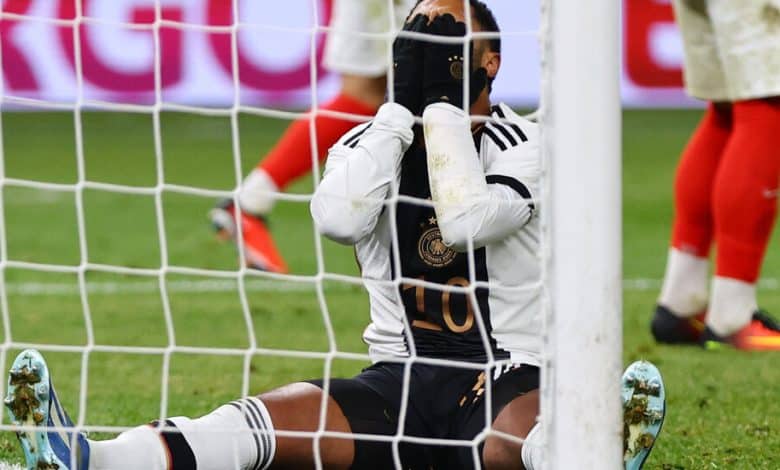Is Germany Heading for Humiliation at the Euros?

Last month, Toni Kroos posted a “short and painless” update to his Instagram feed, confirming that he had decided to heed the honey-soaked call of Julian Nagelsmann, Germany’s relatively new coach, and rescind his international retirement.
He would, he wrote, return to the national team — after three years away — and be available for selection for this summer’s European Championship. Given how torrid Germany’s preparations for the tournament have been, it was a welcome boost: The cavalry was arriving, albeit, this being Kroos, at a gentle, unruffled sort of pace.
There was something about the caption, though, that did not quite fill you with confidence. “Why?” Kroos asked, rhetorically, of his decision to return. “Because I was asked by the national coach, I’m up for it and I’m sure that a lot more is possible with the team at the European Championships than most people believe!”
It was not exactly a marketing slogan to stir the soul. As a representation of exactly where Germany is, three months out from a tournament it will host, though, it is hard to beat:
Germany 2024: It probably won’t be as bad as you think.
The reasons for the angst are clear. When he was appointed last September, Nagelsmann became Germany’s third coach in three years. Joachim Löw, the man who had led the country to victory in the 2014 World Cup, had departed after Germany’s forlorn exit from the 2021 European Championship, his team falling to a limp defeat against England in the round of 16.
Löw was replaced by his former assistant, Hansi Flick, the warm, likable coach who had always had the ear of the players and — as is always the case in these situations — had been heralded as the true architect of the golden age. Flick had won a domestic and European treble at Bayern Munich. His appointment was, it seemed, a no-brainer.
